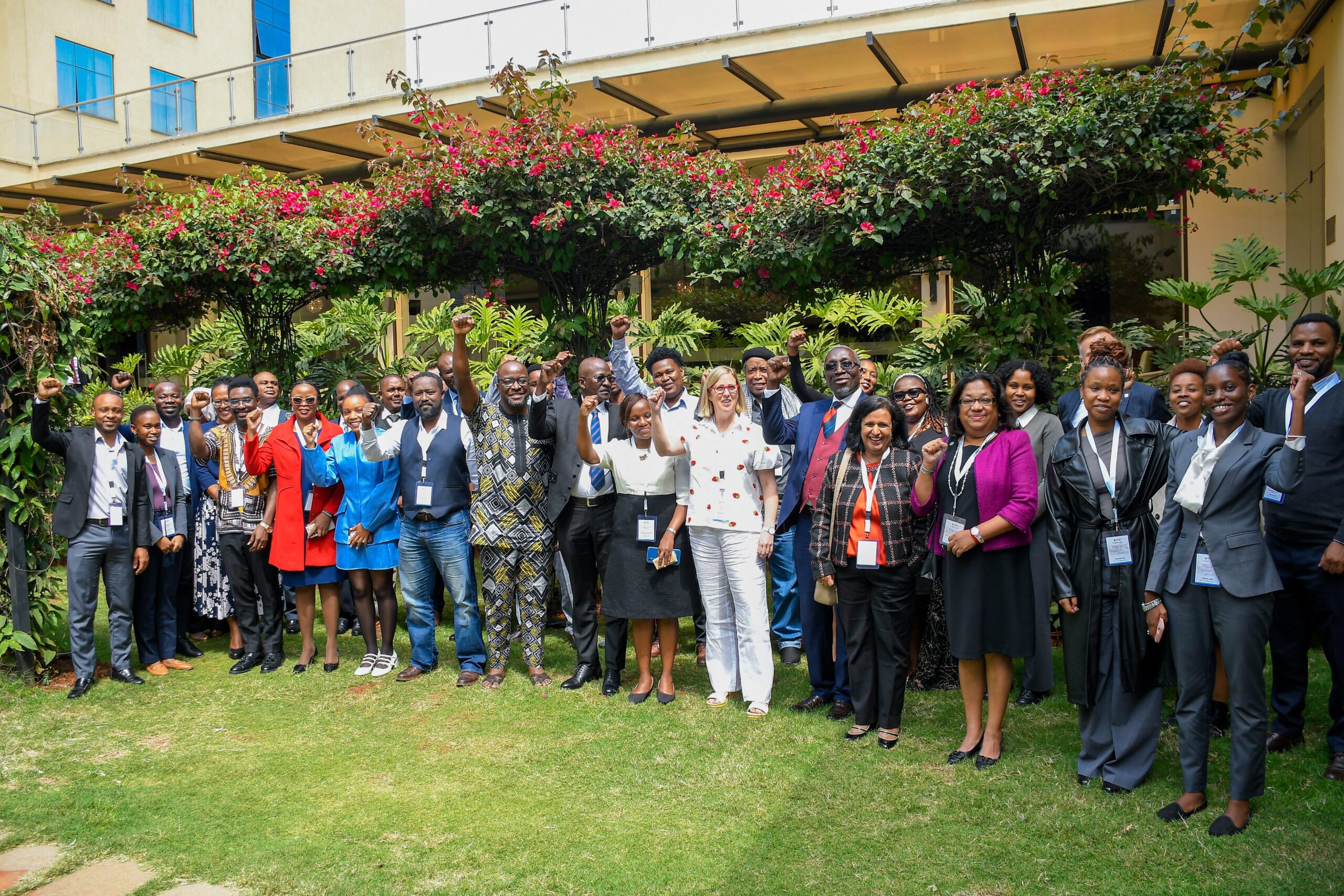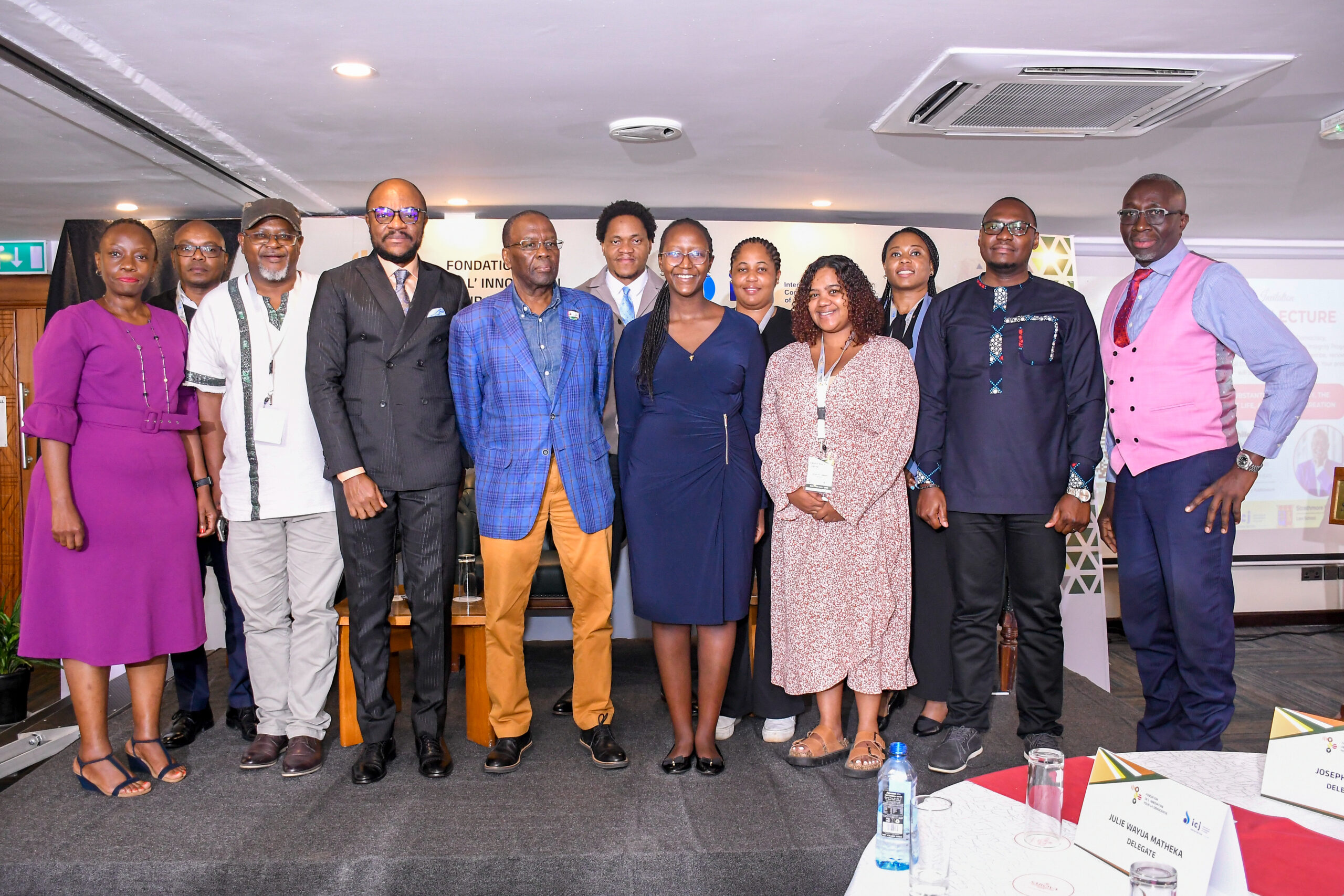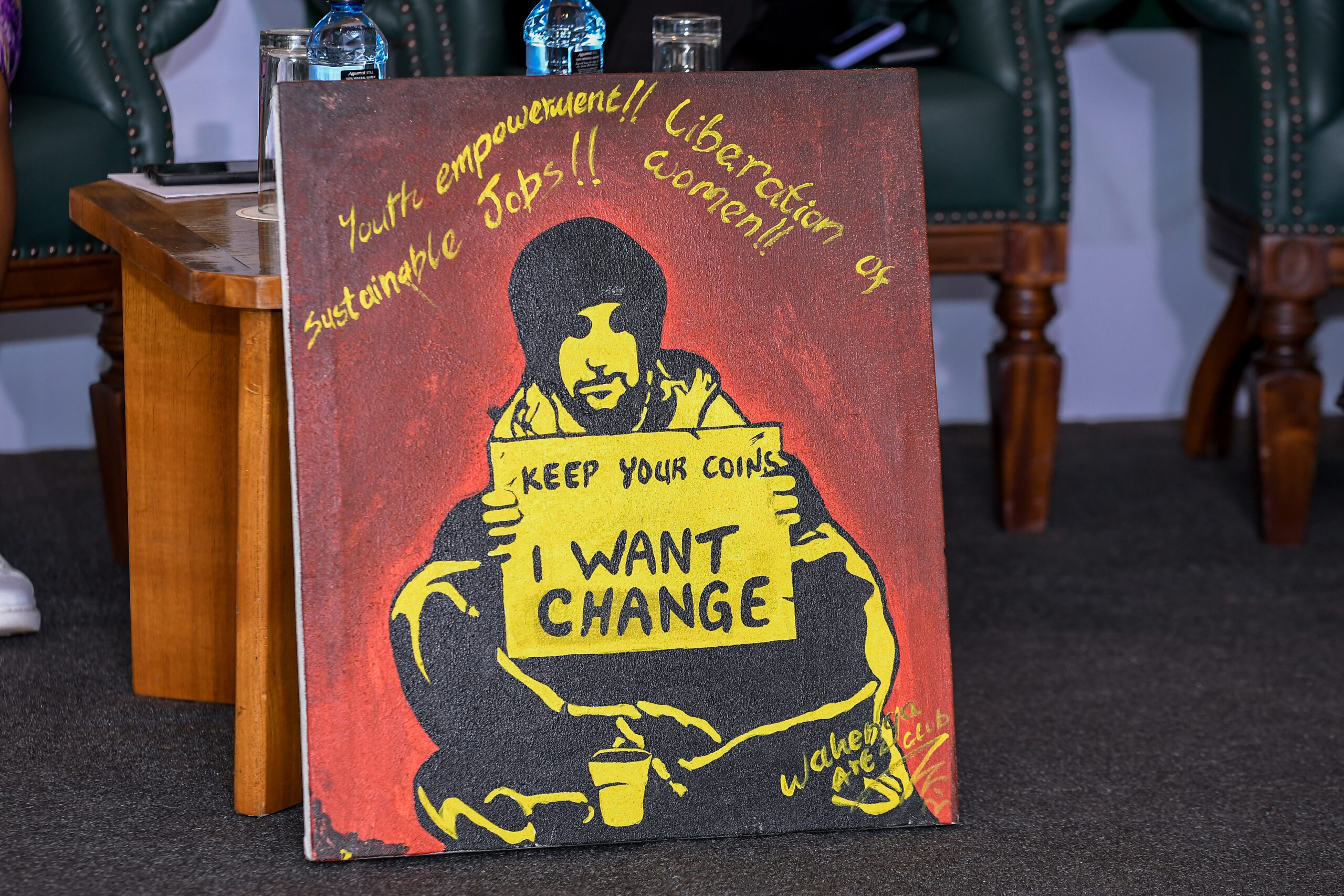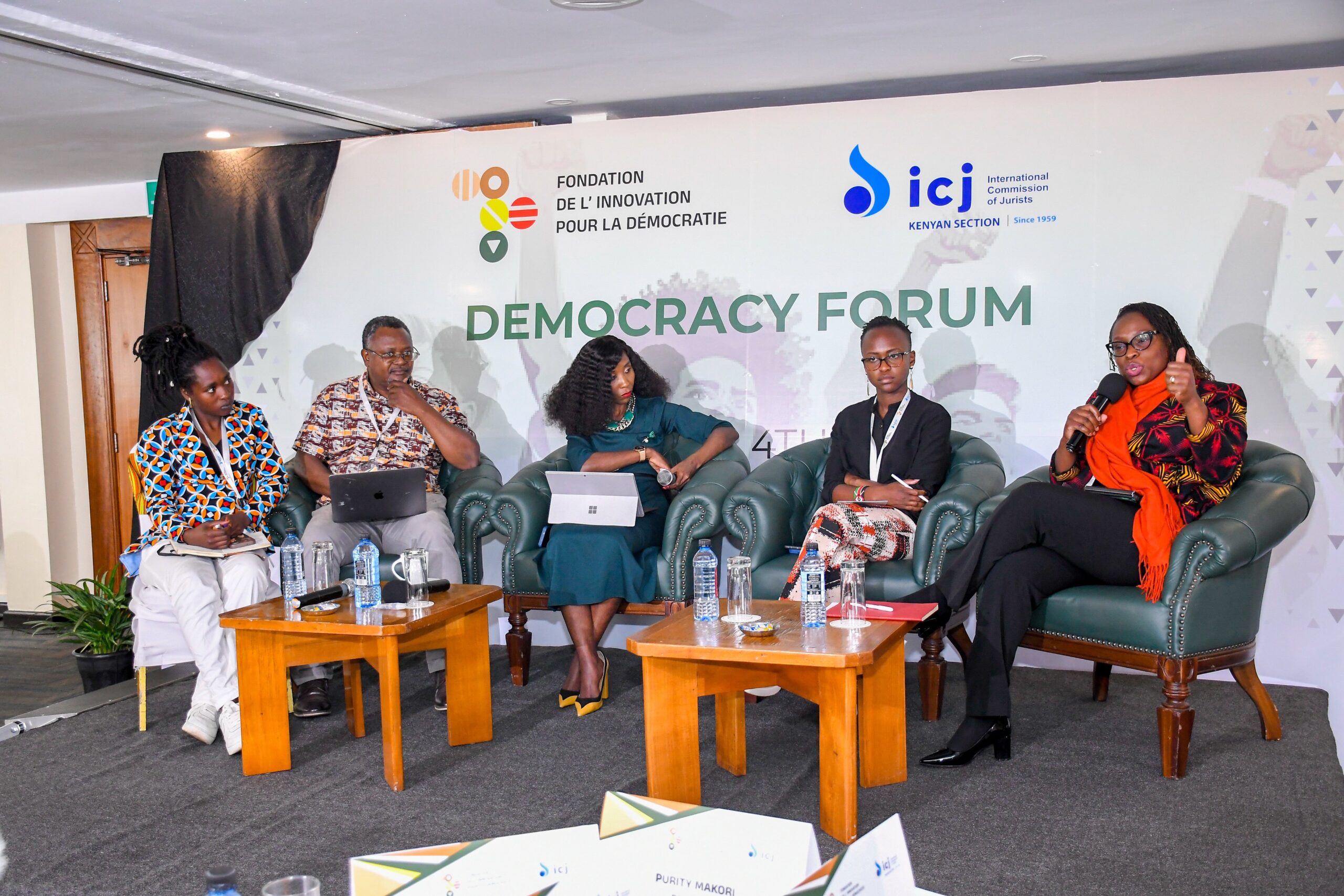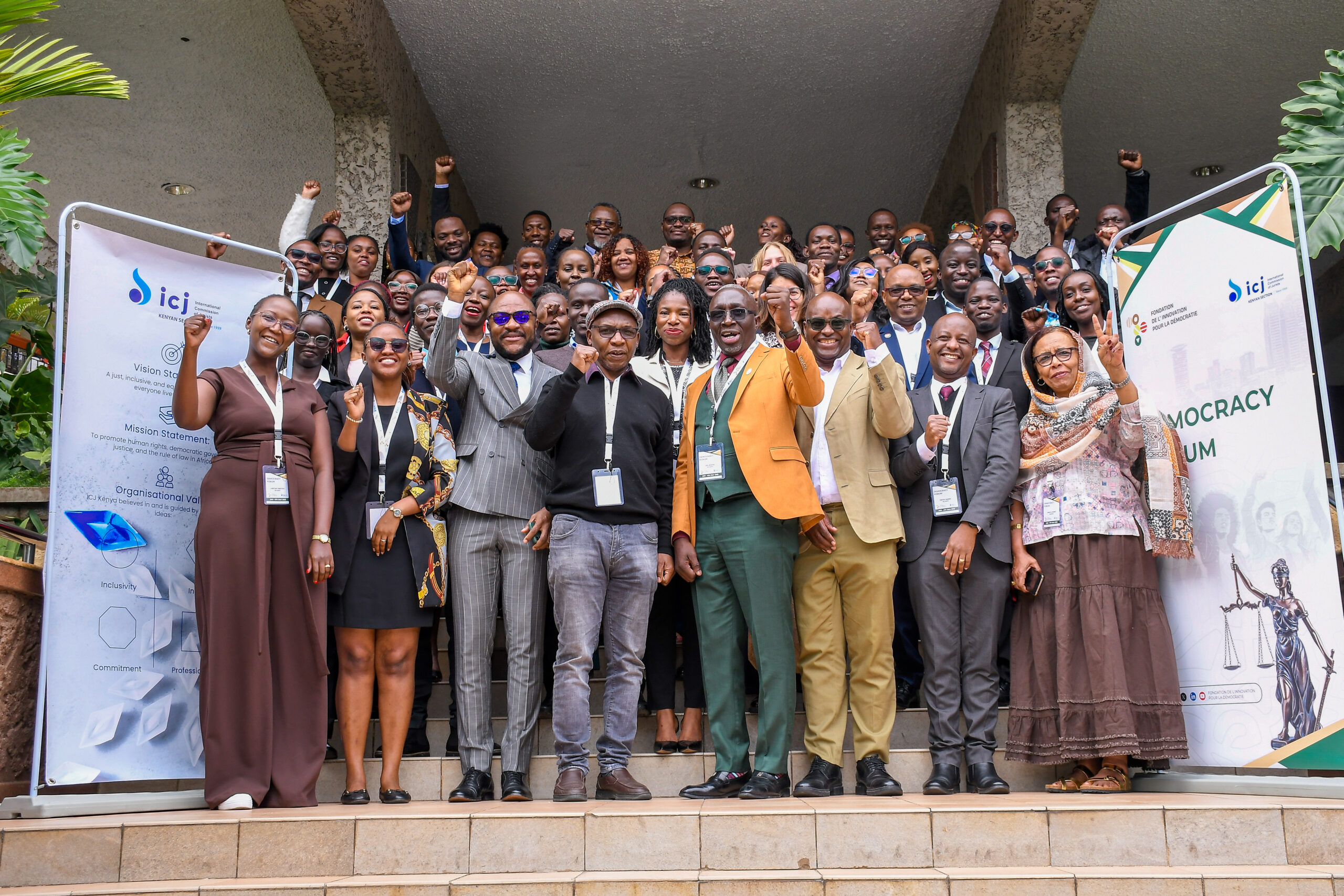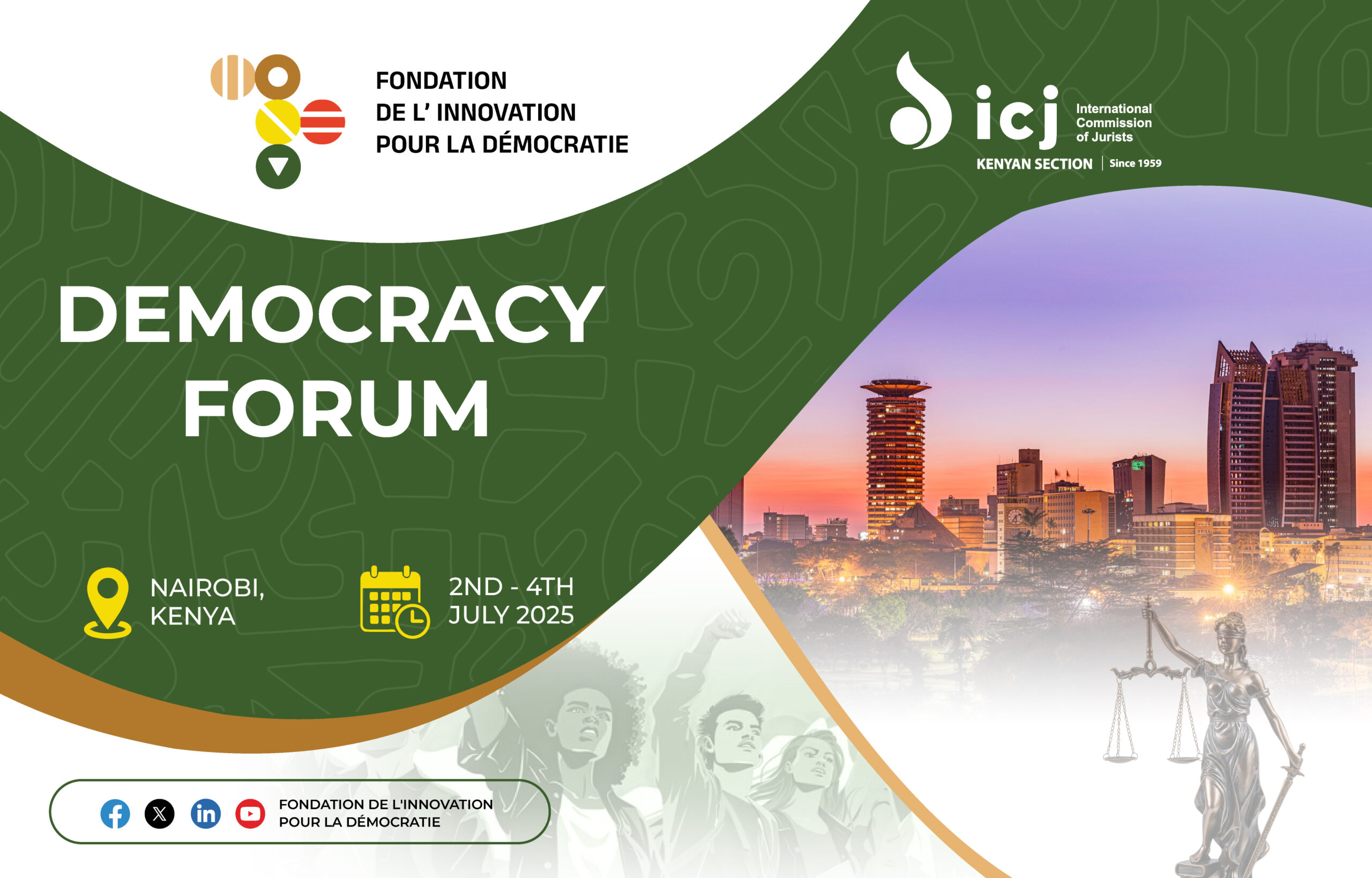Nairobi, Kenya – The second day of the Democracy Forum 2025 delivered thought-provoking conversations on the state of democratic governance in East Africa, with civil society leaders, legal experts, and governance practitioners gathering to examine the region’s democratic trajectory.
Held in Nairobi and jointly hosted by the International Commission of Jurists – Kenyan Section (ICJ Kenya) and the Innovation Foundation for Democracy, the day’s sessions delved into critical themes affecting the rule of law, electoral integrity, and the corrosive influence of money in politics.
Civil Society’s Role in Strengthening Democracy
The day began with a powerful panel discussion on “The place, role, and contribution of civil society organizations in the construction of the rule of law and the building of democratic societies in East Africa.”
Panelists included Fulgence Massawe (Acting Executive Director, Legal and Human Rights Centre – Tanzania), Patriciah Joseph (Programme Manager, Katiba Institute – Kenya), Muwanga Sheila (Foundation for Human Rights Initiative – Uganda), and Don Deya (Pan-African Lawyers Union – Tanzania), who joined virtually.
The panelists emphasized the critical watchdog role played by civil society organizations (CSOs), particularly in environments where state institutions are increasingly being undermined. They discussed how CSOs continue to push for transparency, legal reforms, and the protection of fundamental freedoms despite growing threats to civic space.
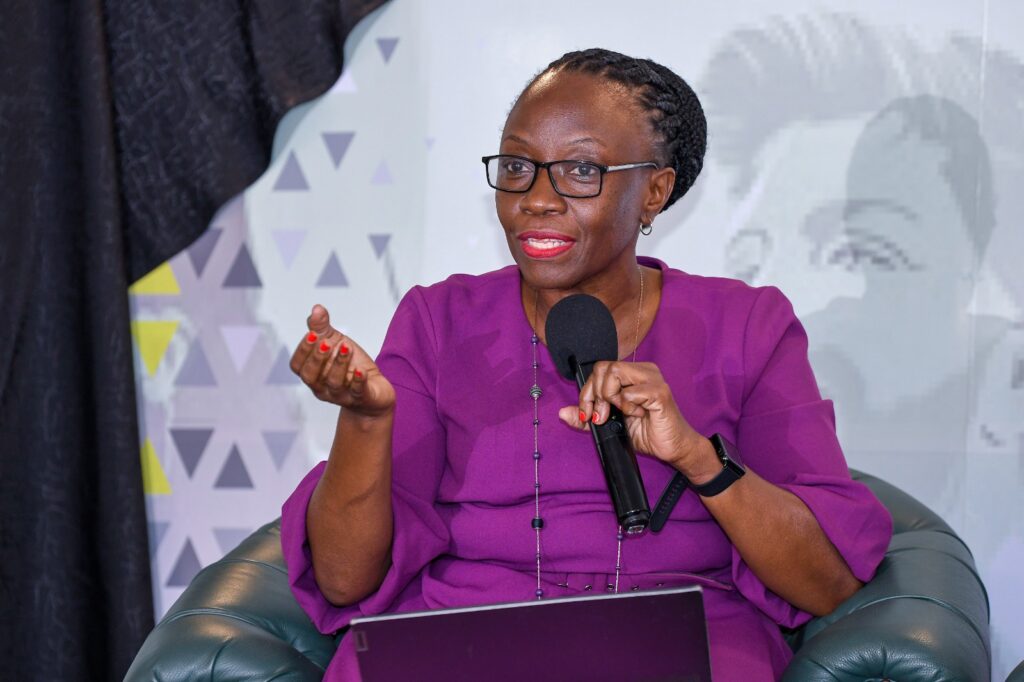
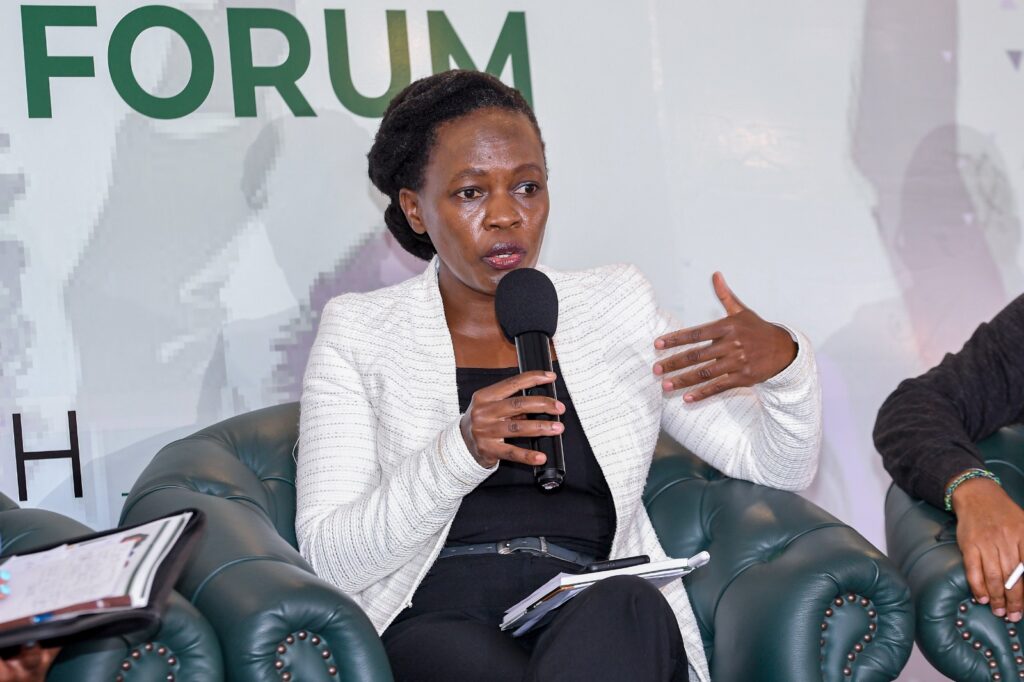
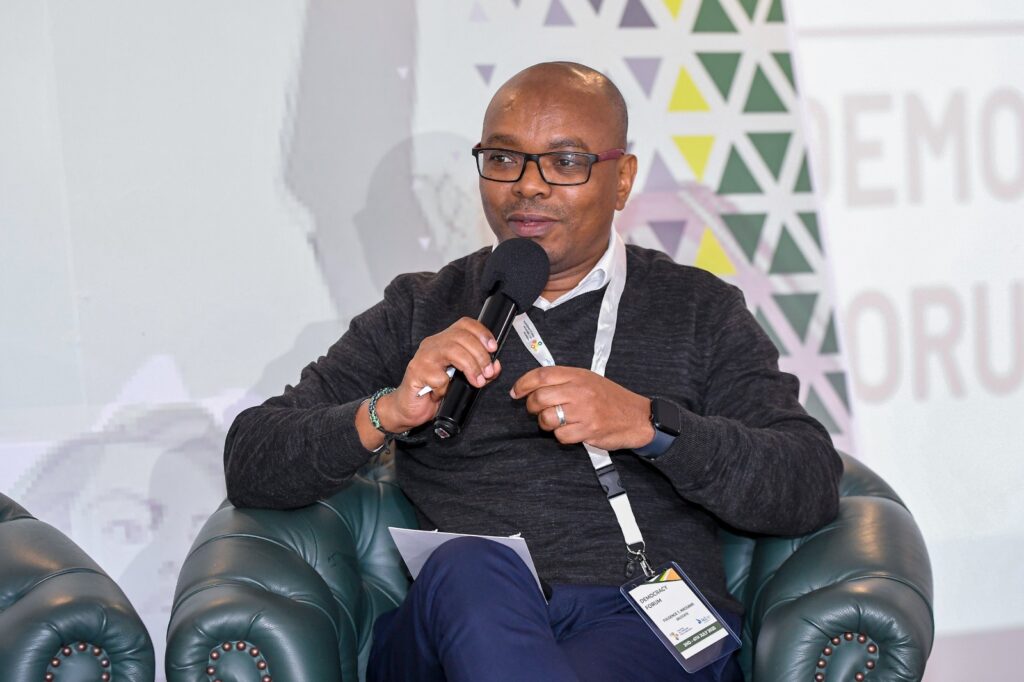
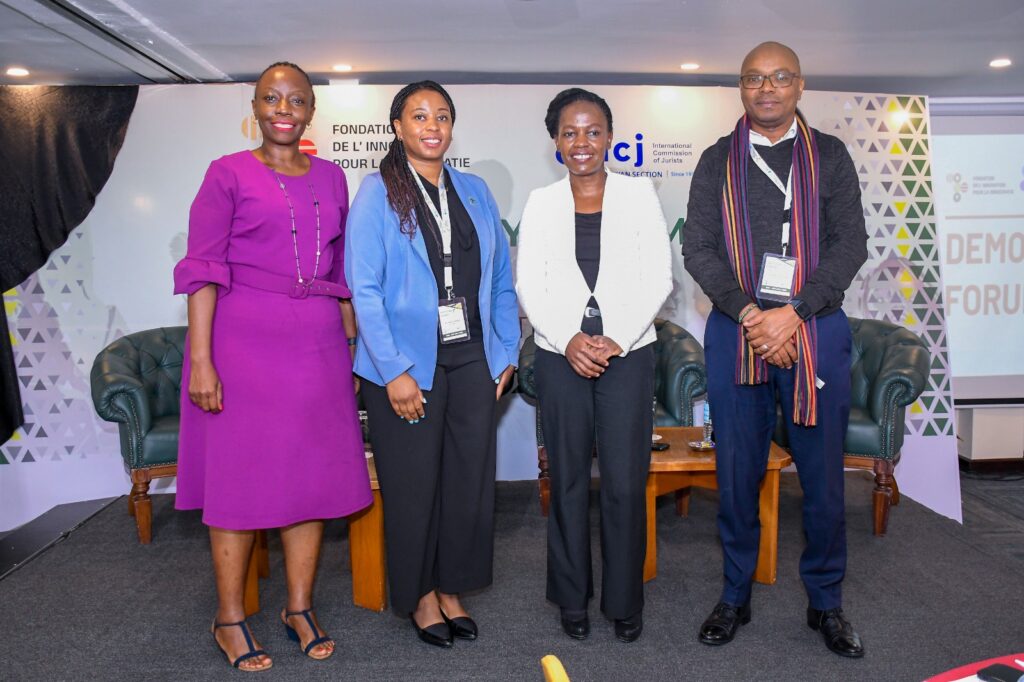
Rethinking Elections in Africa
Moderated by Thuku Mburu, Programme Officer at ICJ Kenya, the second session explored the theme: “Democracy, Elections and the Future of Africa: How can we make elections a truly democratic process and transform ‘electoral democracy’ into substantive democracy?”
Panelists included Brenda Isabel M., Senior Governance and Elections Specialist at ELGIA; Ruth Makuthu, an elections expert and ICJ Kenya Member; Tito Magoti, an international human rights lawyer; and Michael Aboneka of Walezi wa Katiba.
Speakers addressed the challenges facing electoral systems across Africa, including irregularities, voter suppression, and the weakening of independent institutions. They called for a shift from procedural democracy to one that delivers real social and political justice, warning that failure to reform electoral processes risks deepening public disillusionment.
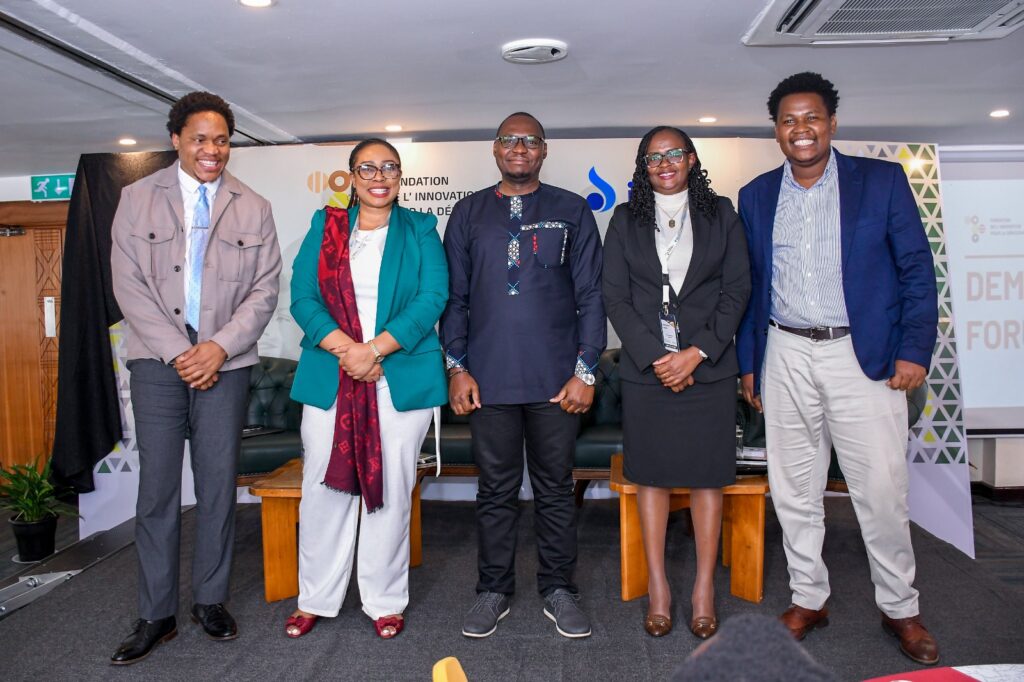
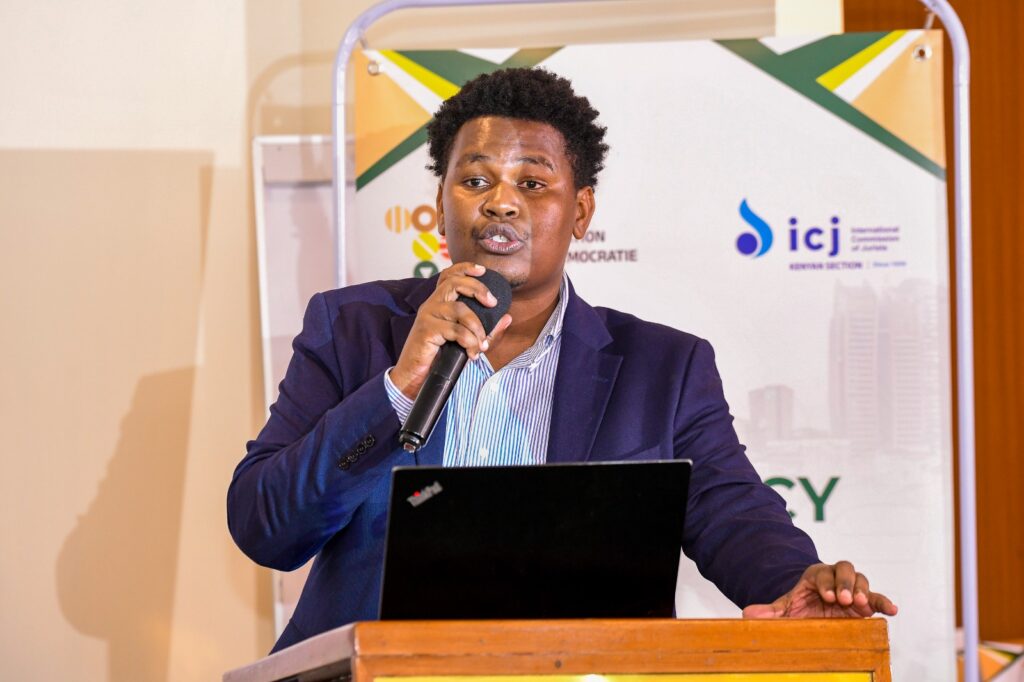
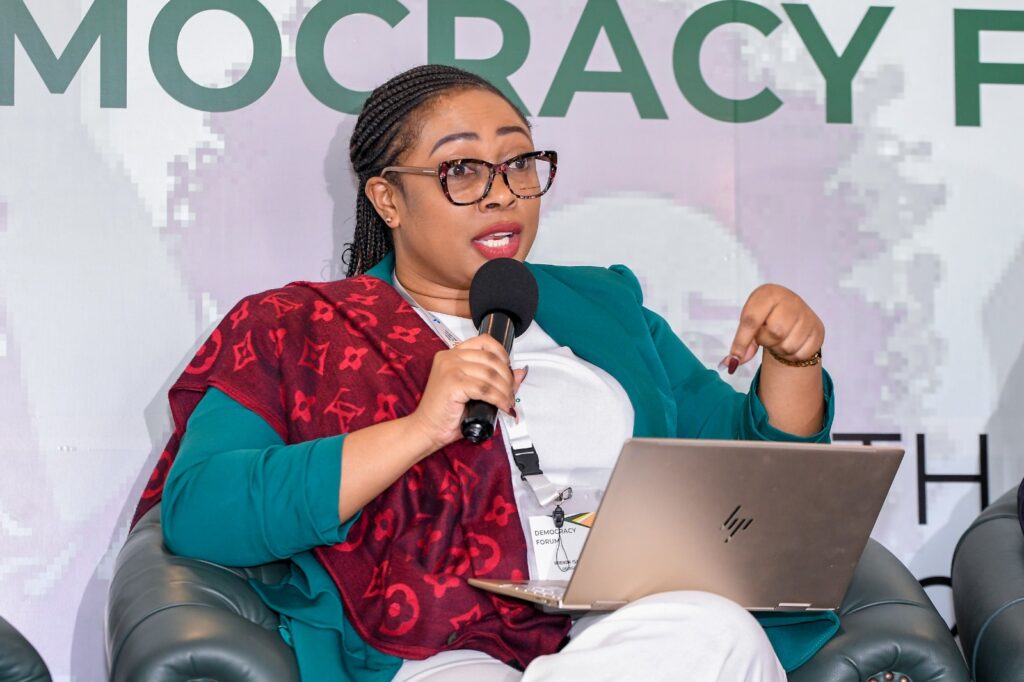
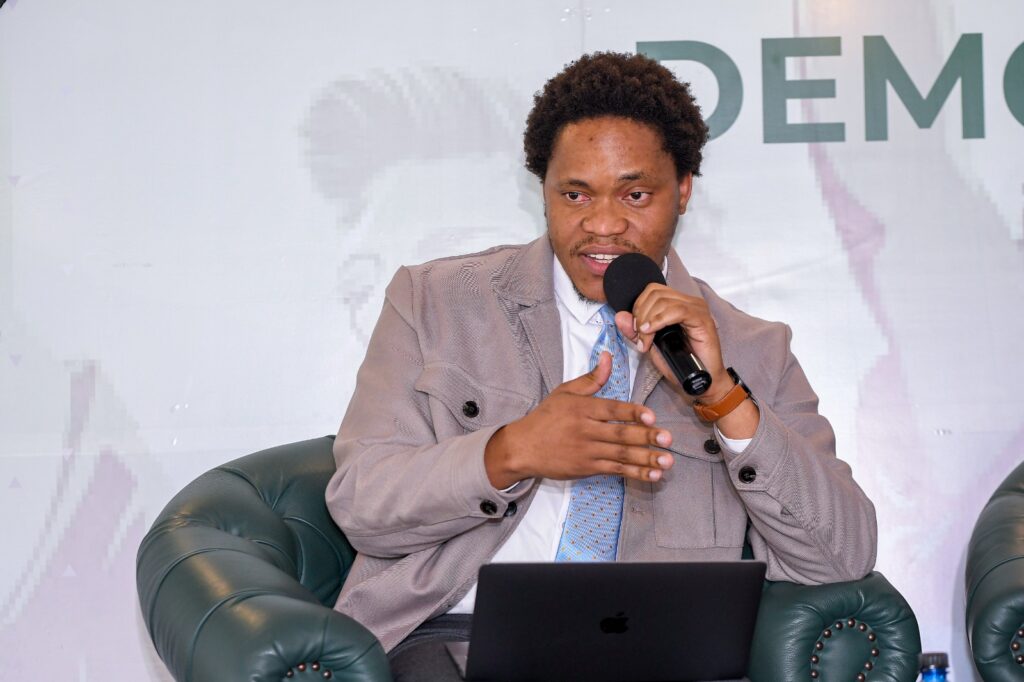
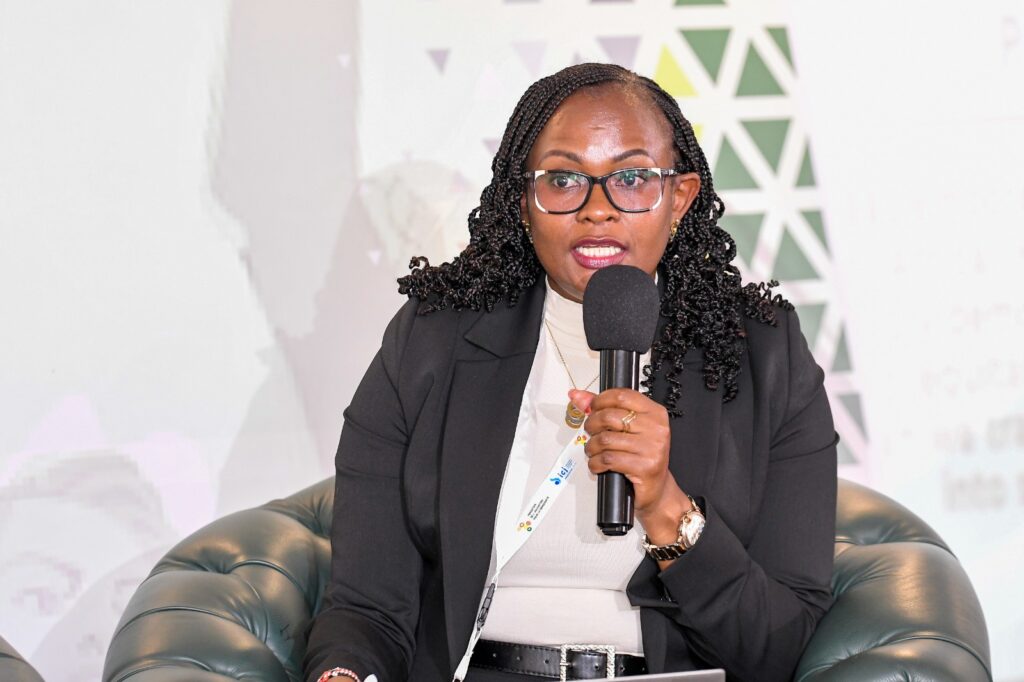
Confronting the Influence of Money in Politics
The final session of the day, moderated by Cheptum Toroitich from the Innovation Foundation for Democracy, focused on “Money, Politics and Democracy: How to protect democracy from illicit financing, market forces and extractivism that captures the state.”
Panelists Alexander Riithi of the Institute for Social Accountability (TISA) and David Kizito from Transparency International Uganda underscored the growing threat of political capture by business interests and illicit finance networks. They discussed how unchecked campaign financing, patronage networks, and natural resource exploitation distort public policy and entrench inequality.
Riithi noted, “We must dismantle the systems that allow wealth to dictate access to political power,” while Kizito stressed the importance of cross-border collaboration to combat financial secrecy and restore public trust in democratic institutions.
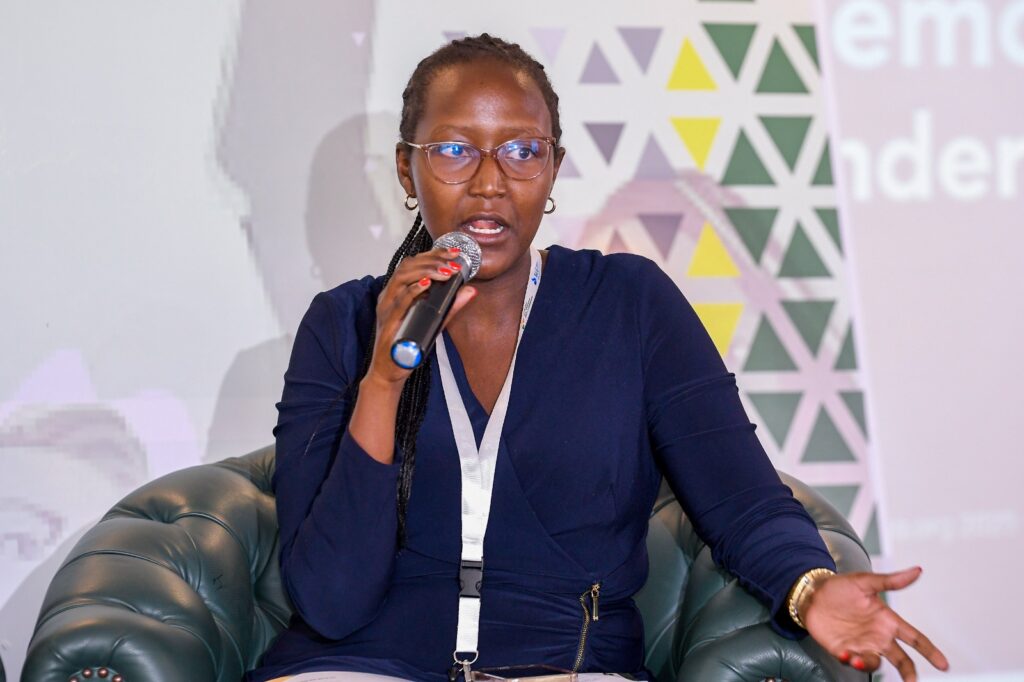
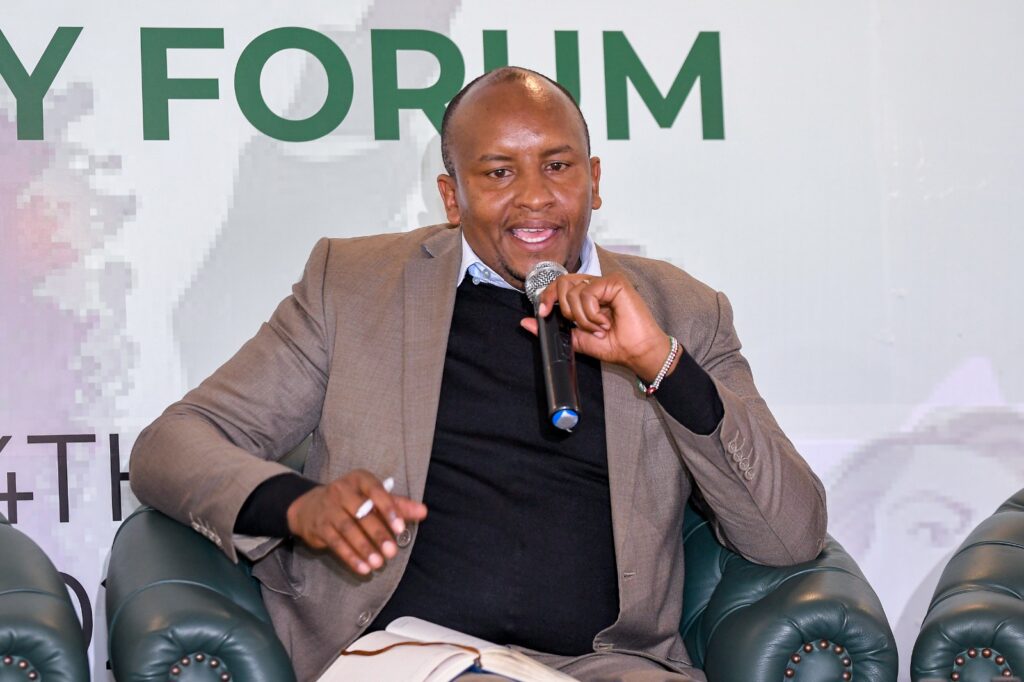
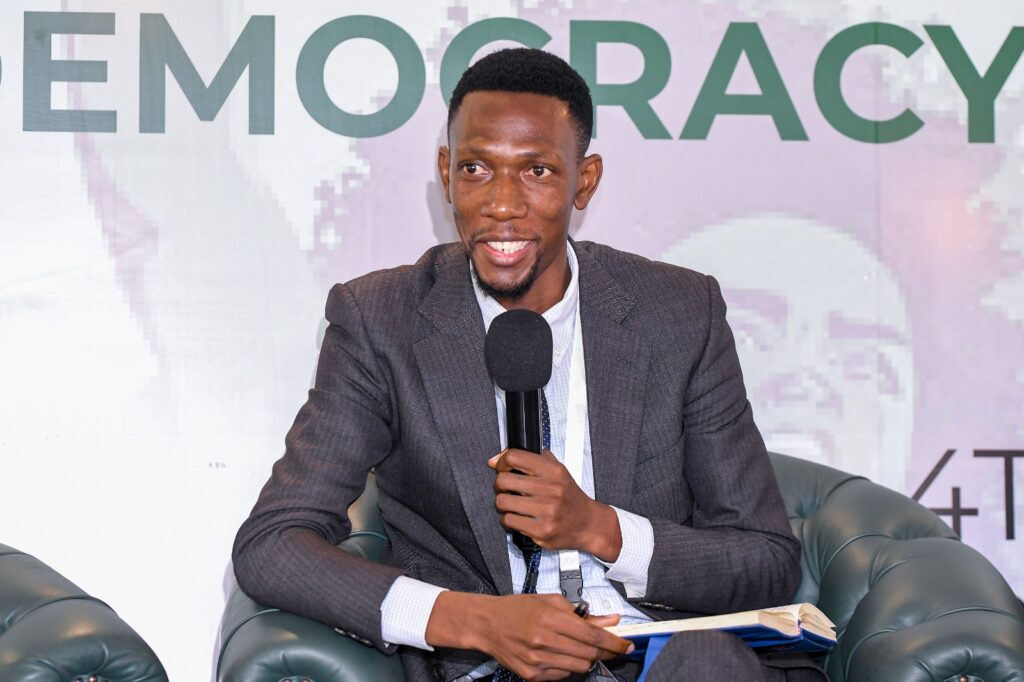
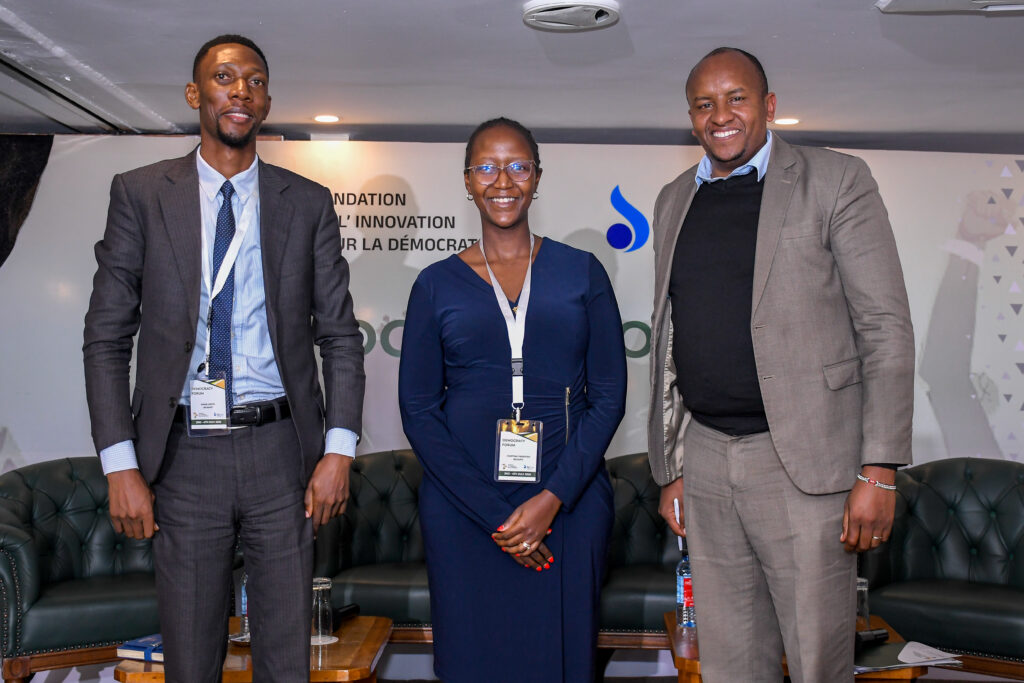
A Surprise Visit and Call to Integrity
We were honoured to receive a surprise address from Chief Justice Emeritus Dr. Willy Mutunga during the Democracy Forum 2025.
In his powerful remarks, Dr. Mutunga spoke not just about justice, but about the broader themes of leadership and governance, drawing connections across the East African region and beyond. He reflected on the global crisis of leadership, its impact on democratic values, and how these issues resonate with our own struggles and aspirations.
His words reminded delegates of the urgent need to anchor governance in integrity, accountability, and people-centered leadership, both at home and across the world.
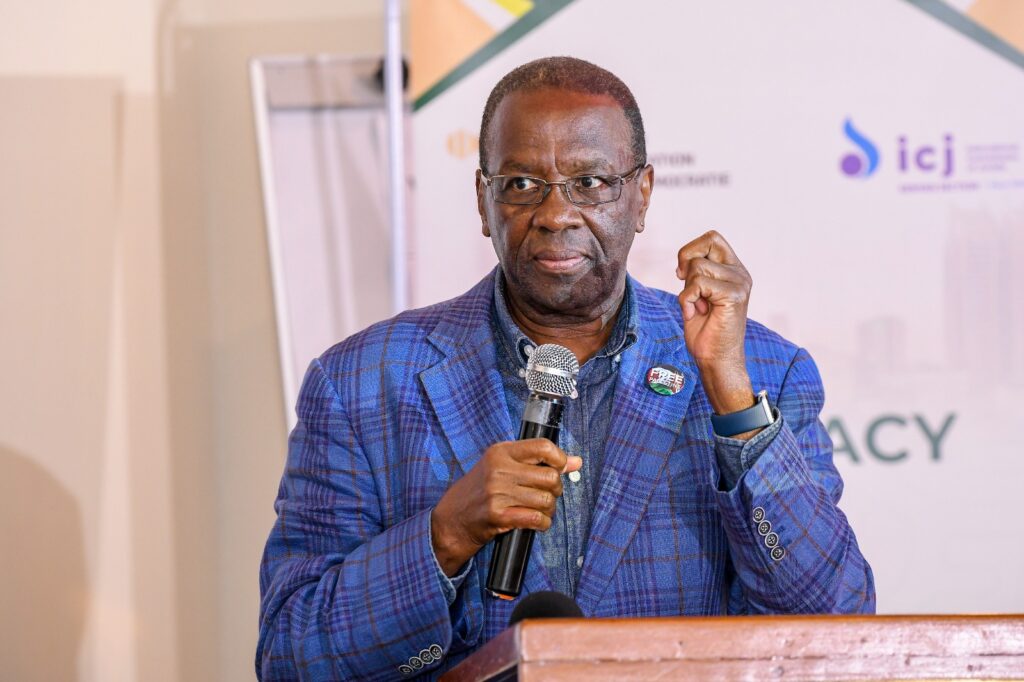
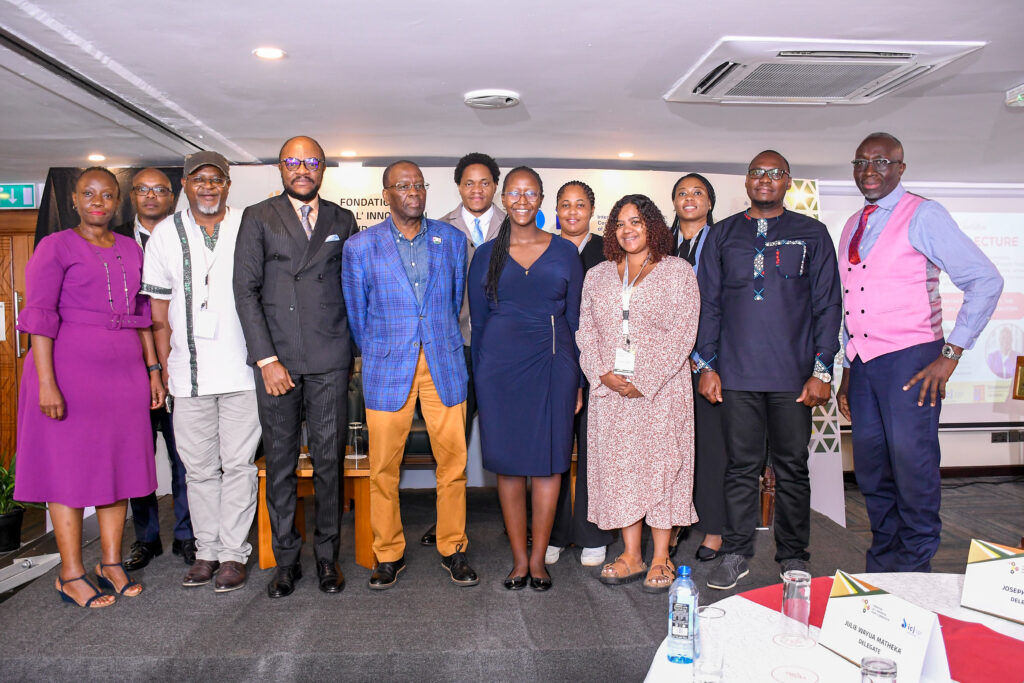
As Day Two closed, participants agreed that democracy in East Africa stands at a crossroads. The insights shared throughout the day called for a recommitment to people-centered governance, electoral justice, and financial transparency to protect the democratic space from backsliding.
The Democracy Forum continues tomorrow with more sessions aimed at inspiring bold solutions for the future of governance in the region.




